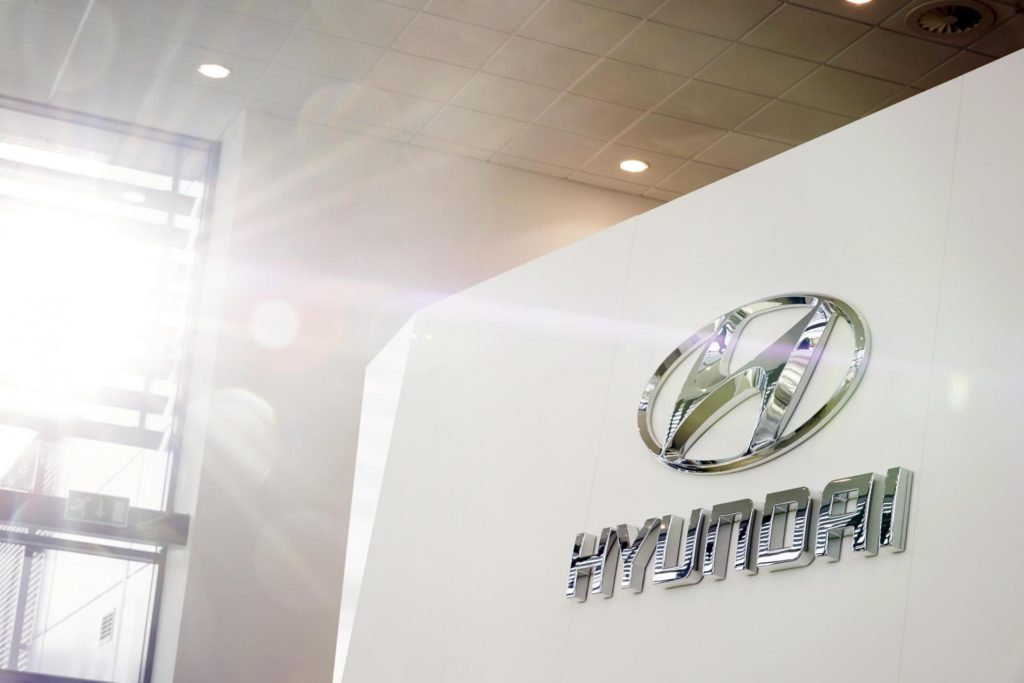Hyundai makes strategic investments in hydrogen technology
31 October 2019

31 October 2019
Hyundai has announced key investments into three hydrogen companies as it looks to strengthen its position in the global hydrogen fuel cell ecosystem.
The strategic investments in Impact Coatings, H2Pro and GRZ Technologies come at a time of heightened demand for fuel cell technology. The collaboration with these new companies will enable Hyundai to expand its hydrogen infrastructure and enhance the efficiency of its fuel cell electric vehicle (FCEV) manufacturing.
′Our investment in these innovative companies will reduce the production cost of FCEVs and enhance the safety and affordability of hydrogen infrastructure,’ said Youngcho Chi, president and chief innovation officer at Hyundai Motor Group. ′We hope to accelerate the widespread adoption of hydrogen technology by making FCEVs more accessible for our customers.’
Impact Coatings is a leading supplier of PVD-based coating solutions for fuel cells, offering coating materials, machines, and services. The Swedish company’s ceramic coatings are cost-efficient substitutes for precious metals used in fuel cell production. Under the new joint development agreement, Hyundai and Impact Coatings will jointly research and develop a new generation of materials, processes and equipment for a variety of applications, including fuel cells and hydrogen production.
H2Pro is an Israeli start-up that developed the E-TAC (electrochemical, thermally active chemical) water-splitting technology, which is efficient, affordable, and safe. H2Pro’s technology will allow Hyundai to lower the cost of hydrogen production, which will, in turn, reduce the price of hydrogen for customers. This marks Hyundai’s second investment into the start-up since Hyundai CRADLE Tel Aviv first announced the partnership in November 2018.
GRZ Technologies is a company based in Switzerland specialising in energy storage in hydrogen form. Its technology stores hydrogen more safely at lower pressure with higher density, while its proprietary compression technology is also more affordable. Hyundai’s agreement with GRZ will accelerate the company’s efforts to commercialise hydrogen infrastructure for greater accessibility to customers.
Future leader
Hyundai is one of two mainstream carmakers to have hydrogen-fuelled models available on the market, with the introduction of ix35 Fuel Cell (also known as Tucson Fuel Cell) in 2013. Hyundai’s second-generation FCEV, the NEXO, has a range of 414 miles, emits clean water vapour and purifies the air while driving.
Other manufacturers have left behind the technology due to the urgency with which zero-emission vehicles need to be adopted. adopted have left behind the technology. While hydrogen development is still in its infancy, electric technology is more available. This does leave a gap for smaller carmakers, or those more prepared for emissions targets, to steal a march on the competition. Hyundai’s investments highlight the effort the carmaker is going to in order to lead development of the fuel.